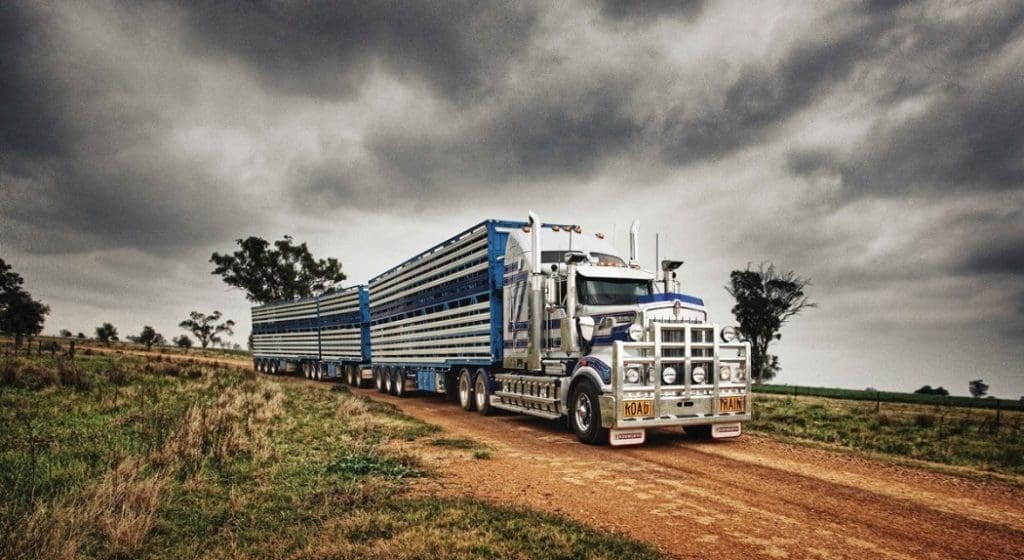
WESTERN Australian livestock producers and transporters have been warned about a livestock traceability blitz starting with a roadside checkpoint this weekend.
The Department of Primary Industries and Regional Development (DPIRD) today reminded producers of vital traceability and identification requirements, as part of a new targeted campaign.
DPIRD’s Operation Morborough will kick off in Albany this weekend with a roadside checkpoint to ensure livestock in transit are properly identified and accompanied with correct transport documents.
DPIRD biosecurity compliance coordinator Paul Cassidy said the operation aimed to help build awareness around the importance of traceability and its role in protecting the State’s valuable livestock industries and important export markets.
“Inspectors will conduct targeted inspections of livestock in transport across the State during the coming months, including small consignments.
“All keepers of livestock are required to be registered as an owner of stock with DPIRD – no matter how many animals they keep,” Mr Cassidy said.
“This includes cattle, sheep, pigs, goats, horses, deer, camels, ostriches, alpacas and llamas.”
Under Western Australia’s biosecurity legislation livestock must be identified with an approved National Livestock Identification System (NLIS) tag or electronic device, as part of NLIS requirements.
“All livestock owners must also be registered with DPIRD and have a property identification code, which is used to trace the movement of animals on and off a property,” Mr Cassidy said.
“Not correctly identifying your animals can result in fines being issued by DPIRD.
“Recently four producers from the South West and Wheatbelt were fined up to $500 each for not complying with the NLIS requirements.”
DPIRD biosecurity executive director Mia Carbon said livestock traceability was key to effective early detection and response to a disease, such as Foot and Mouth Disease or Lumpy Skin Disease.
“With livestock disease threats on our doorstep, the importance of livestock traceability has never been so clear,” Dr Carbon said.
“Traceability is essential to rapid response and containment of a disease, as well as to regaining market access as quickly as possible.”
More information on livestock identification can be also be found on the DPIRD website www.agric.wa.gov.au and searching for ‘livestock ownership and identification’.
The WA NLIS Helpdesk can provide information and support by contacting 1300 WA NLIS (1300 926 547) or via email at [email protected].

HAVE YOUR SAY